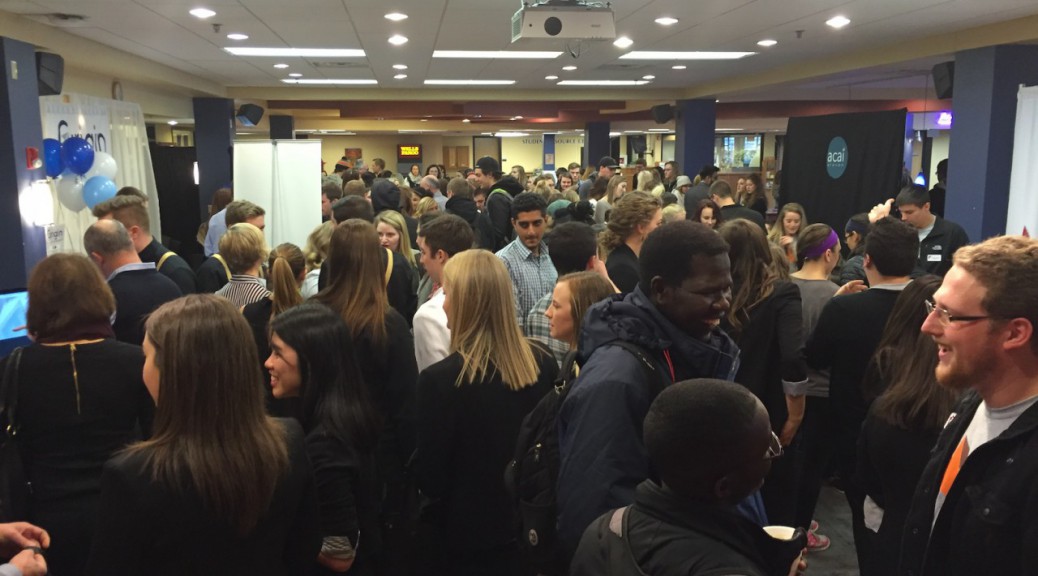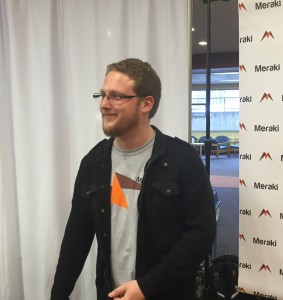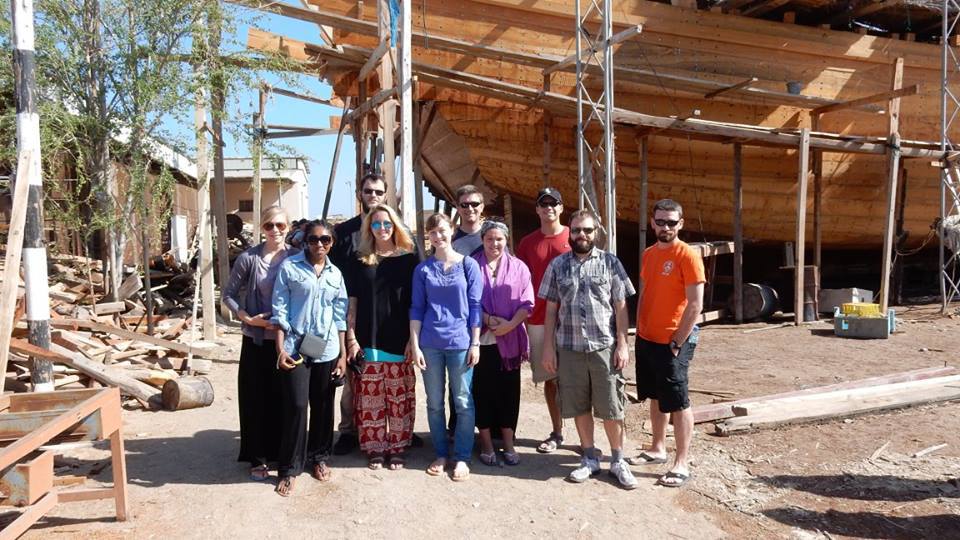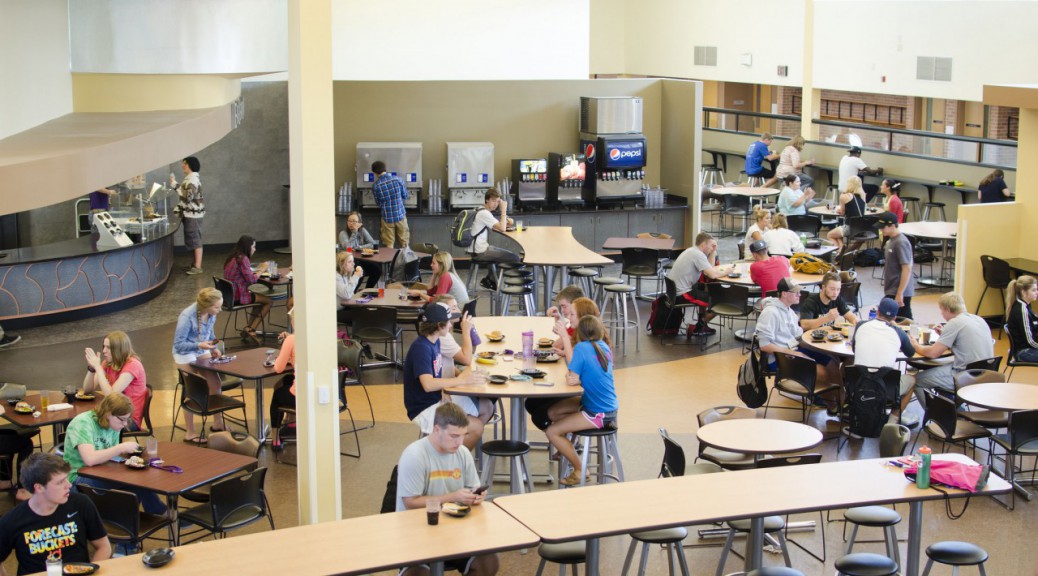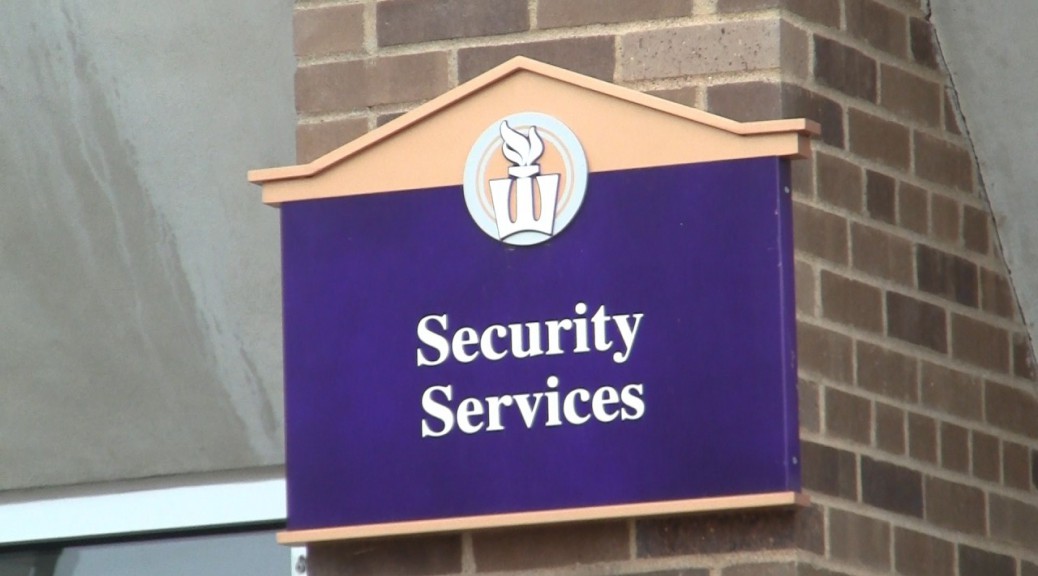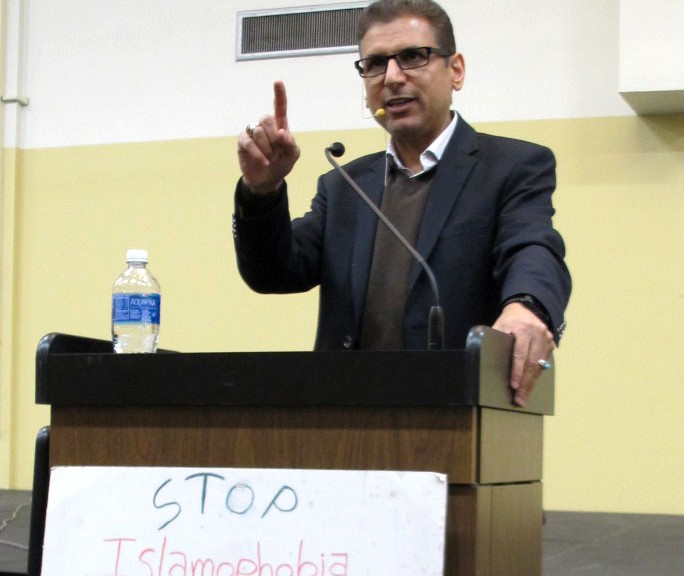With life, there’s bound to be a multitude of stresses. Thankfully, there’s a new club at the Winona Public Library that residents can pencil into their schedule.
Starting this past Tuesday and continuing every month at the library’s Liberty Bell art room, there’s a coloring club to bring out an inner child.
“I had the idea for the coloring club, it’s kind of the fad in libraries right now,” said Samantha TerBeest, who founded the club. “It’s super popular to do them.”
Supplies and art are provided by TerBeest, and there are dozens of coloring options. Anybody is free to walk in and join − there’s no signup needed.
As an adult services librarian, TerBeest received suggestions for the club and decided to test the trend on the locals.
“The response has been surprisingly overwhelming,” TerBeest said. “I put it out as a Facebook event and I shared it through the library’s webpage as well as the parks and recs page. Within two hours I got 20 people interested in it.”
The club is designed to be a way for Winona County adults to meet people and relax. Winona State University psychology professor Liz Russell says activities like the coloring club can also relieve stress and anxiety.
“The attention to adult coloring books and things like that is actually really great, because it means that people are doing something to worry about theirmental health,” Russell said.
“Art therapy can be helpful,” she said. ”A big part of how coloring books are effective is the mindfulness − things to get you out of the cyclical thinking pattern,” It’s really hard to [color] when you’re not in the given moment.”
Trisha Karr, another psychology professor at Winona State, says that in addition to getting out of the cyclical pattern, certain parts of the brain are quieted and as a result de-stresses the brain.
“In coloring, what’s taking place is if somebody is stressed out, we can connect that to the amygdala,” Karr said. “The thought is that we can reduce the activation the amgydala. In that case, the emotion center is quieted.”
Karr said that as a culture, people are becoming more used to multitasking, which invokes more stress.
“Coloring is thought to be a task that gets us to focus on one stimulus,” Karr said. “In that case, it has a calming influence on the brain. What we want to do is color to quiet those thoughts and in turn, shut down the [stress] process that’s occurring in the brain and nervous system.”
For the adult population that is targeted for the library’s audience, Samantha TerBeest said the coloring club could especially calm, relax and de-stress those who come in.
“It also kind of helps the elderly population that may be experiencing symptoms in Alzheimer’s and dementia, ‘cause it helps them bring back memories of their childhood,” TerBeest said.
Once people find their relaxing niche, they can become less stressed and more comfortable.
“Finding the strategy that works best and using that is really important,” Professor Russell said. “Ongoing mindfulness tends to have ongoing effects. The more you relax and the more you practice that, the easier it is to bring that relaxation back.”
As the coloring trend continues to grow, TerBeest said she will continue welcoming Winona County residents to see if coloring is indeed their niche. She said the coloring club program is here to stay.
“It is going to be a monthly thing,” TerBeest said. “I like to do a monthly testing period of about six months to get a feel if this is a program that I should have for a while or not.”
The next color club meeting will be on May 9th, and is open to the public.
A visual look at the first color club meeting back in February.
